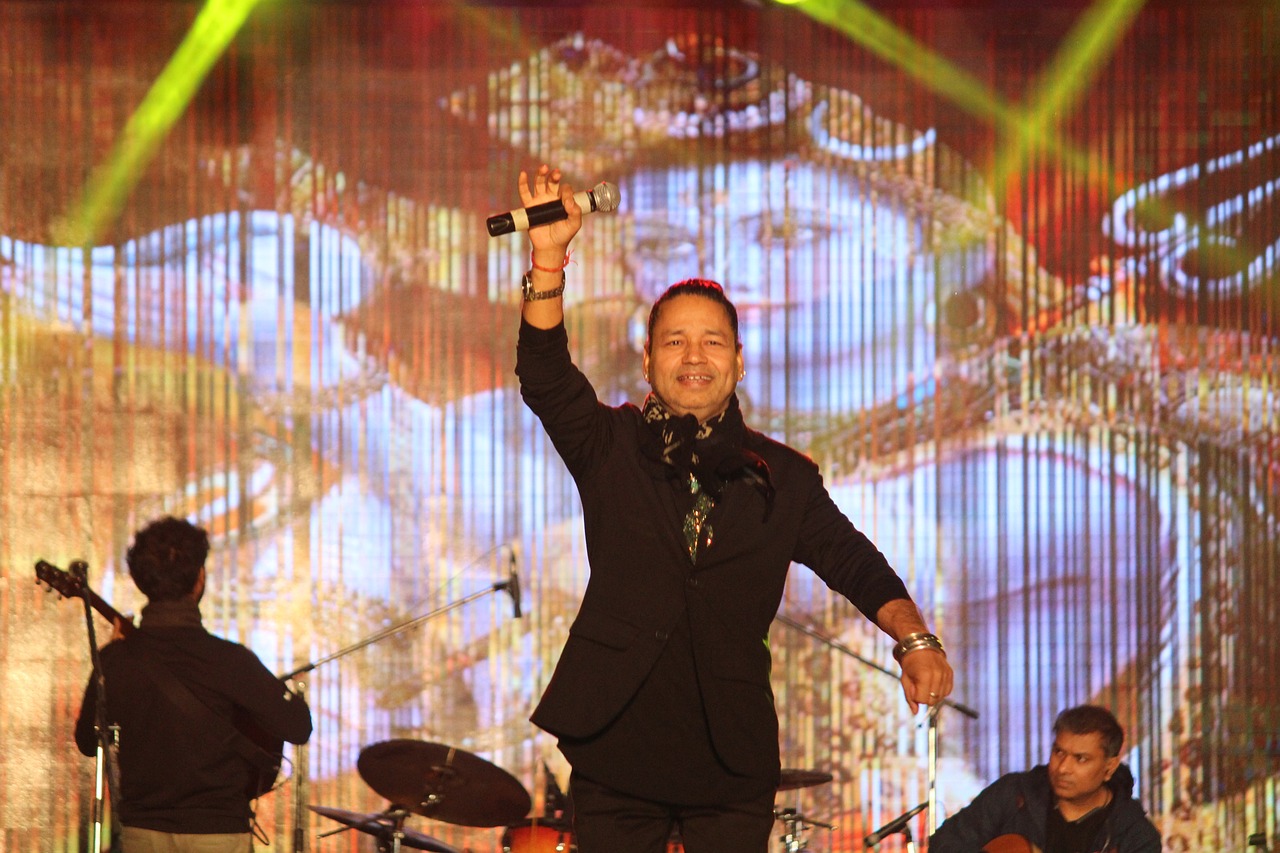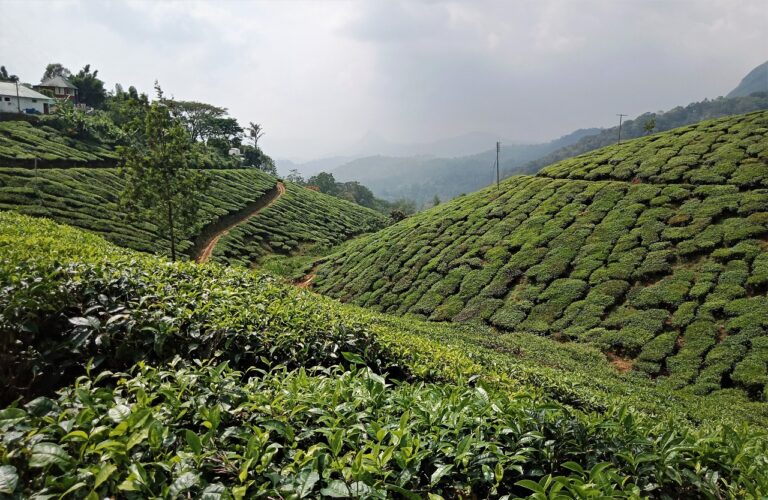Foreign Interference in Domestic Elections: Challenges and Responses: World7, Mahadev book login, Silverexch
world7, mahadev book login, silverexch: In today’s interconnected world, the issue of foreign interference in domestic elections has become a growing concern for many countries. From cyber-attacks to disinformation campaigns, foreign actors are finding new ways to meddle in the democratic processes of sovereign nations. This poses a significant challenge to ensuring the integrity of elections and preserving the democratic principles upon which modern societies are built.
The rise of social media and digital communication has provided foreign actors with powerful tools to influence public opinion and sway election outcomes. Through the spread of fake news, targeted ads, and coordinated social media campaigns, foreign entities can effectively manipulate the narrative and undermine the credibility of democratic institutions. This has the potential to erode trust in the electoral process and sow division among the electorate.
To combat foreign interference in domestic elections, governments must adopt a multi-faceted approach that combines legislative, technological, and diplomatic measures. This includes strengthening cybersecurity defenses to protect against cyber-attacks, enacting laws to regulate foreign funding in political campaigns, and collaborating with international partners to share intelligence and coordinate responses to threats.
Furthermore, educating the public about the dangers of foreign interference and promoting media literacy are essential components of safeguarding the integrity of elections. By empowering citizens to critically evaluate information and discern fact from fiction, we can reduce the impact of disinformation campaigns and foreign propaganda.
Despite these challenges, there are effective responses that can help mitigate the threat of foreign interference in domestic elections. By implementing stringent cybersecurity protocols, increasing transparency in political financing, and fostering a culture of civic participation and democratic values, countries can build resilience against external threats to their electoral systems.
In conclusion, foreign interference in domestic elections poses a serious threat to the democratic process and requires a concerted effort to address. By staying vigilant, adopting proactive measures, and fostering a sense of civic responsibility among citizens, we can defend the integrity of our elections and safeguard the fundamental principles of democracy.
—
FAQs
1. What are the common tactics used by foreign actors to interfere in domestic elections?
Foreign actors often use tactics such as spreading disinformation, hacking into political parties’ databases, and running social media campaigns to influence public opinion.
2. How can individuals protect themselves from foreign interference in elections?
Individuals can protect themselves by verifying information before sharing it, being cautious of foreign influence on social media, and reporting any suspicious activity to authorities.
3. What role do social media companies play in combating foreign interference?
Social media companies play a crucial role in detecting and removing disinformation, enforcing security measures to protect against cyber-attacks, and promoting transparency in political advertising.







